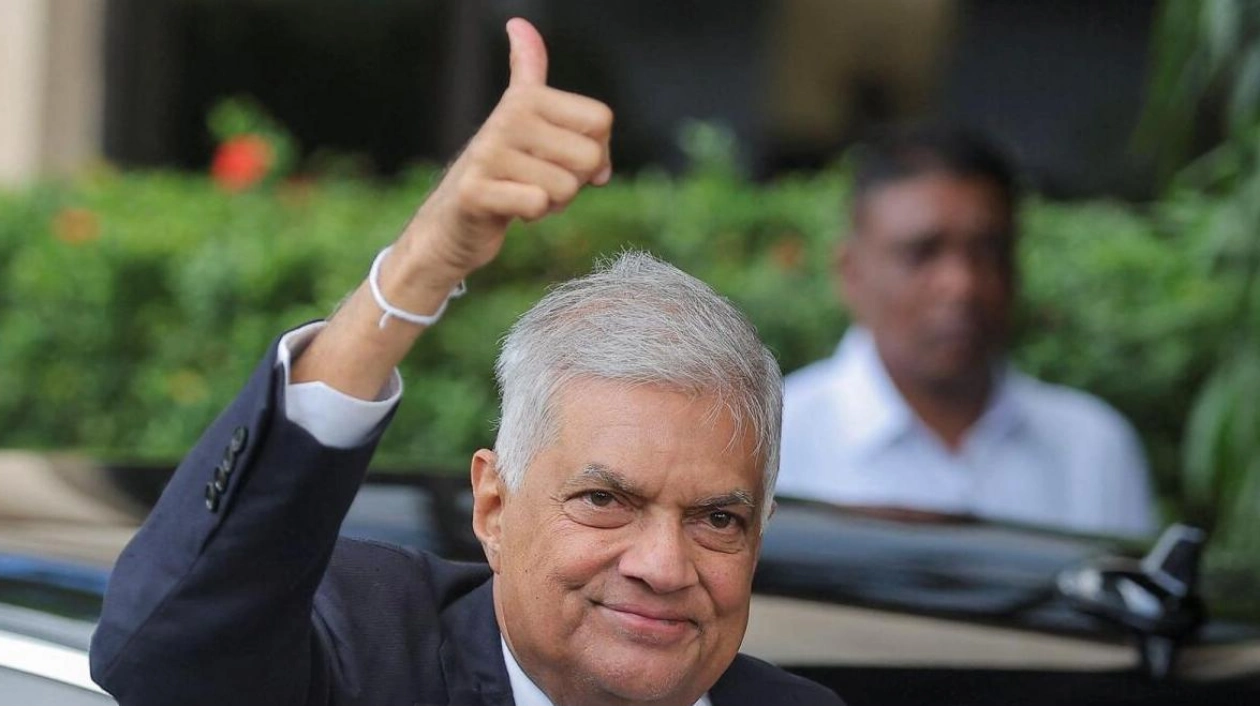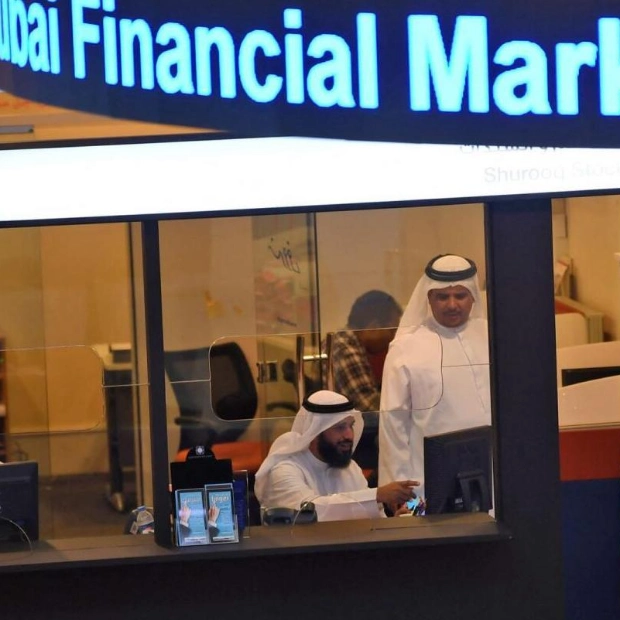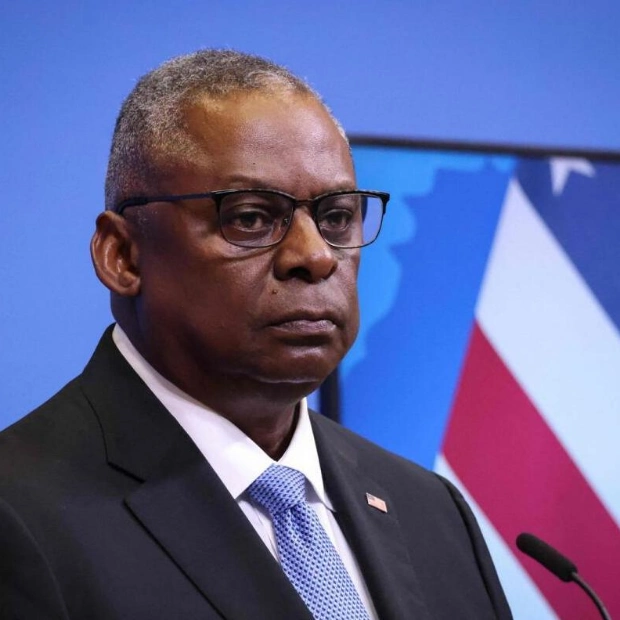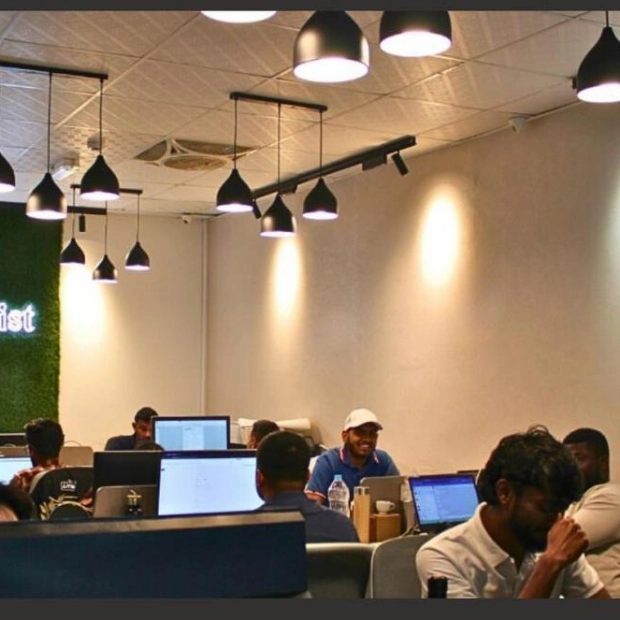Sri Lanka's highest court has ruled that President Ranil Wickremesinghe engaged in 'unlawful conduct' by postponing local elections for over a year, which were viewed as an unofficial assessment of his economic management. Despite Wickremesinginghe's immunity as a sitting president, the ruling does not impose immediate legal repercussions, yet the state of the economy is anticipated to be a pivotal concern for voters in the upcoming presidential election next month.
The elections, originally delayed, will now coincide with the September 21 presidential vote, marking the first electoral test for Wickremesinghe since he assumed office two years ago, following the ousting of former president Gotabaya Rajapaksa due to widespread protests over a severe financial crisis. At 75, Wickremesinghe is vying for another five-year term and faces significant competition from other candidates.
A panel of five Supreme Court judges unanimously determined that Wickremesinghe neglected to allocate funds for the local government elections scheduled for March 2023. His government cited the necessity to use state funds for public sector salaries and pensions, contrary to a prior court directive to fund the elections. The court condemned Wickremesinghe's 'arbitrary and unlawful conduct' for obstructing the local polls, thereby violating constitutional rights, and mandated the independent election commission to expedite the local elections without interfering with the presidential election.
Additionally, the state was instructed to cover the legal expenses of four petitioners who contested the indefinite delay of the polls. Wickremesinghe, formerly an opposition parliament member, was appointed interim president in July 2022 after Rajapaksa resigned amidst the economic crisis protests. In March 2023, Wickremesinghe secured a $2.9 billion bailout from the IMF following the implementation of unpopular austerity measures, including doubling income taxes and eliminating energy subsidies.
The postponed local poll, initially set for March 2023, was widely regarded as a referendum on these unpopular austerity measures. Opposition lawmakers at the time accused Wickremesinghe of exploiting the economic crisis to undermine democracy.






